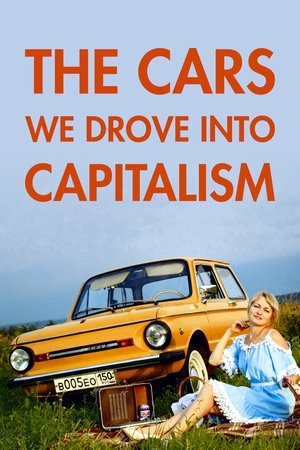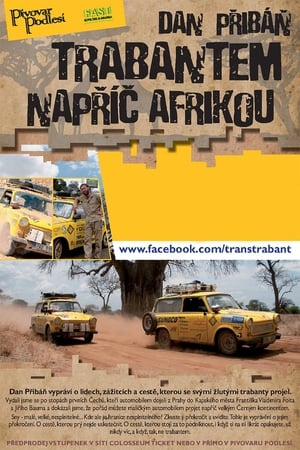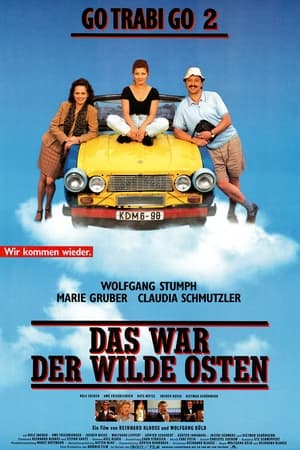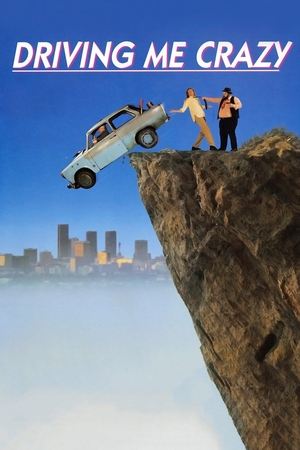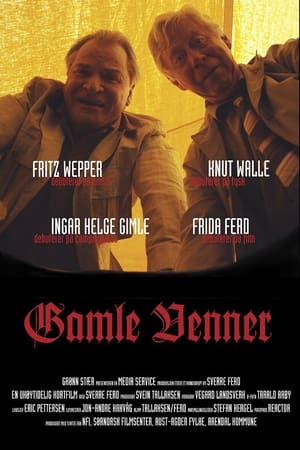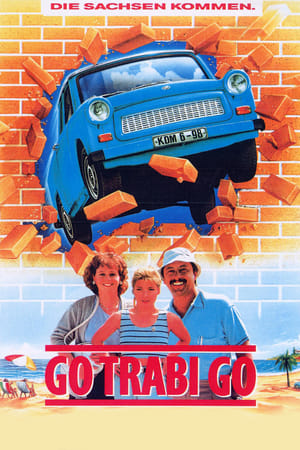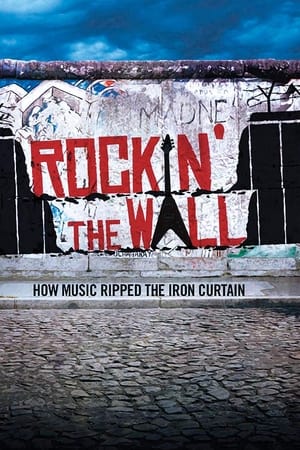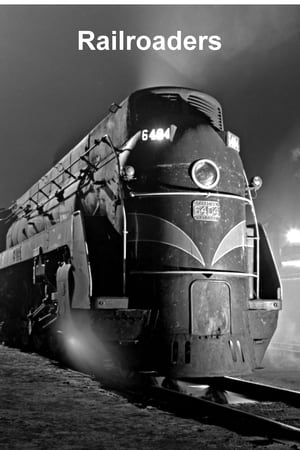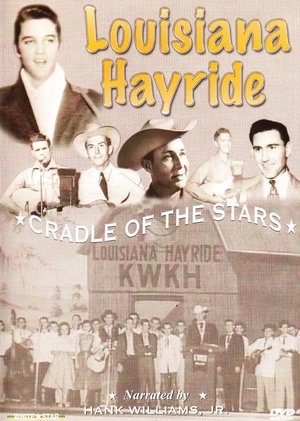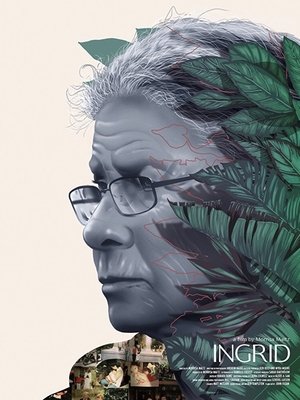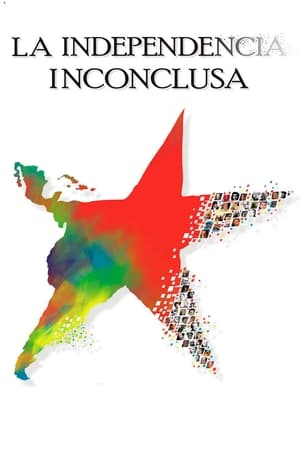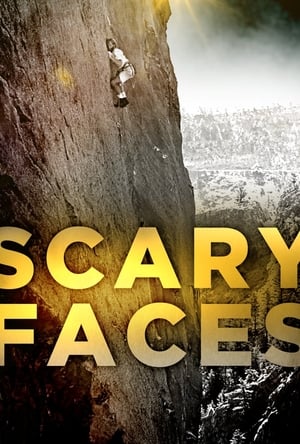Overview
In July 2007, a three-member expedition set off in a Trabant along the Silk Road to the deserts of Central Asia. The odometer of the small yellow Trabant has clocked up 15,000 kilometers. Half of Europe and most of Central Asia have disappeared beneath its wheels. After six weeks spent in its cramped interior, Dan Přibáň, Vladislav Růžička, and Jan Martin Kozel traveled through Central Europe, the Balkans, Turkey, Iran, and Turkmenistan, before turning west again in Samarkand, Uzbekistan, and returning home via Kazakhstan, Russia, and Ukraine. 15,000 kilometers is a very long journey, during which many details can be lost.

 Czech
Czech
 7
7
 2009
2009
 Czech Republic
Czech Republic

